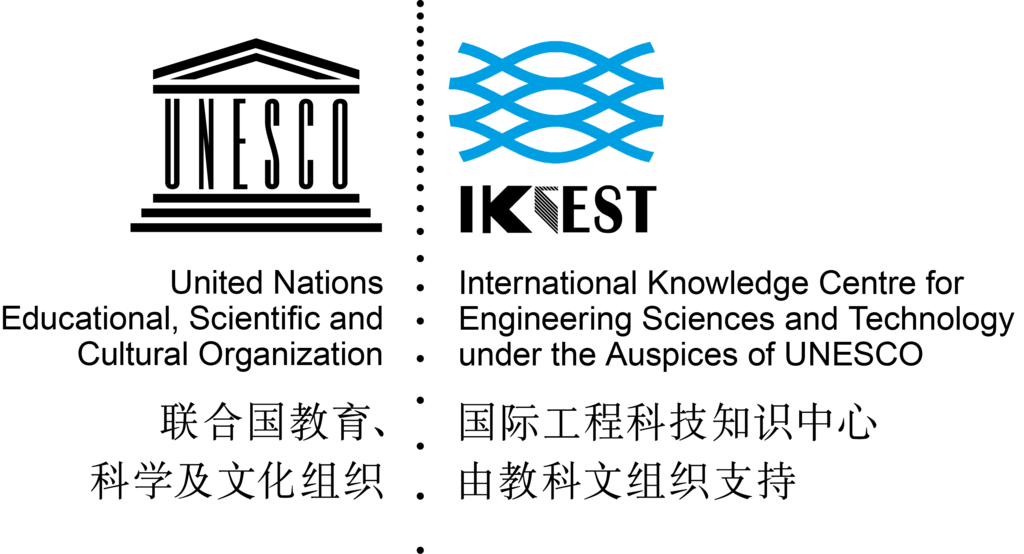The two-day analysis workshop put a spotlight on the significant commitment Egypt has made to advancing digital transformation in its education sector to accelerate the achievement of its education goals. The event was organized in partnership with the Ministry of Education and Technical Education of the Government of Egypt and the local service provider EdgeConn, which together mobilized over 200 participants to attend.
Following opening remarks from Egypt’s Minister of Education and Technical Education (MoETE), Dr Reda Hegazy, the workshop was structured around analytic discussions of Egypt’s journey of digital transformation and its progress in leveraging digital technology to strengthen its education system.
UNESCO’s DTC team moderated the day, presenting the Collaborative, global trends in digital transformation in education, and an overview of the five priority areas of Egypt’s Education Sector Plan 2023-2027, one of which is digital transformation and innovation. “The DTC's on-site workshop and discussion with Egyptian stakeholders cannot be more timely, as the DTC team can help critically review the digital transformation ambition reflected in the education sector plan (ESP) and provide useful suggestions for its prioritization and operationalization,” says Mr. Gwang-Chol Chang, Chief of Section of Education Policy at UNESCO.
Dr. Ahmed Daher, Deputy Minister for Technology Development at the MoETE, further explained this priority area, showcasing some of the digital solutions being implemented in Egyptian schools, and highlighting the importance of multisectoral, multistakeholder collaboration in the MoETE’s digital transformation strategy.
DTC steering group members – including UNESCO, UNICEF, ITU, Ericsson, GPE, Microsoft, Google, Lenovo, Anthology, and Global Assessment Solutions – guided breakout sessions exploring the strengths and challenges Egypt faces within each of the dimensions of the DTC’s unique framework for digital transformation in education: coordination, cost, connectivity, capacity, content and data. The breakout discussions investigated the preliminary results of the DTC’s bespoke Readiness Assessment Tool for digital transformation in education.
Dina Ghobashy, Global Education Transformation Lead at Microsoft, led the breakout session on the “coordination and leadership” dimension of the framework, reflecting that “It takes a village to implement effective and sustainable digital transformation projects.” As an Egyptian national herself, she shared: “I'm honored to be working with the Global Education Coalition and UNESCO on the Digital Transformation Collaborative in Egypt, which aims to support the government to create a digital transformation strategy for education that is scalable, impactful, and well-integrated into the country's overall education transformation plans.”
Leveraging digital technology to accelerate education transformation goals
Following a site visit to a public school outside Cairo on the second day, the DTC members presented a synthesis of the workshop findings, which yielded emerging challenges and opportunities to leverage digital technology to accelerate the achievement of their education transformation goals.
Dr. Daher expressed his gratitude to the DTC members, the Development Partners Group (DPG) members and Local Education Group (LEG) partners and EdTech companies for "their fruitful contributions,” and elaborated that, “[the] fact that we were all together in one room to share our successes and identify areas for strengthening was a productive exercise in aligning on a sustainable strategy for digital technology in education. I look forward to continuing the planning process with the DTC, and I hope that together we can make a real, long-lasting difference for learners and teachers in Egypt.”
The workshop identified opportunities for stronger coordination and data sharing between relevant ministries to improve the impact of educational digital services and platforms for students and teachers. Discussions also highlighted the need to raise awareness among educators, school leaders, students, and their families of the solutions available to them to improve their digital competencies, advance their learning, and integrate technology into their teaching practices.
Since the workshop, the DTC has held frequent virtual meetings to deepen its analysis of the workshop findings, discuss the emerging recommendations, and prepare to support Egypt to co-create a plan for DTC continued engagement.








 User Center
User Center My Training Class
My Training Class Feedback
Feedback












Comments
Something to say?
Login or Sign up for free